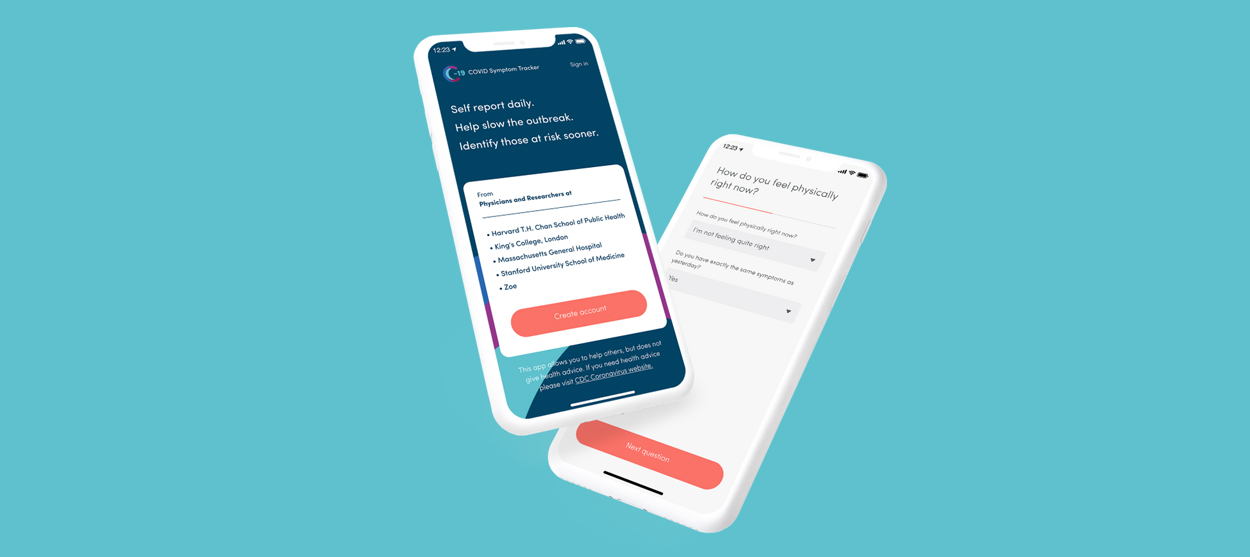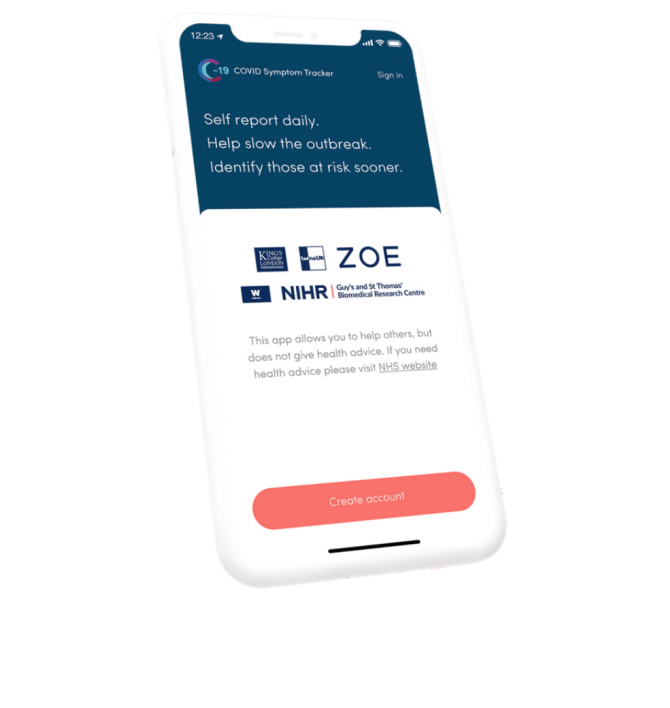This app is trying to help monitor the coronavirus pandemic
It sends data on 1.2 million users to epidemiologists

A free daily email with the biggest news stories of the day – and the best features from TheWeek.com
You are now subscribed
Your newsletter sign-up was successful
Each week, we spotlight a cool innovation recommended by some of the industry's top tech writers. This week's pick is an app that tracks coronavirus symptoms.
An app designed in just a few days to track the spread of coronavirus symptoms is sending data on 1.2 million users to epidemiologists, said Thomas Brewster in Forbes. The ZOE Covid Symptom Tracker "asks people to upload their rough location and the details of any ailment they're suffering." The information is then anonymized and sent to scientists at the U.K.'s National Health Service and at University College London.

ZOE's app is one of several tracking apps that have been created to help monitor the pandemic. An Israeli app, Hamagen ("shield" in Hebrew), compares users' location data with data stored by the government on the location of known coronavirus infections and warns people if they have been in close proximity to a known carrier.
The Week
Escape your echo chamber. Get the facts behind the news, plus analysis from multiple perspectives.

Sign up for The Week's Free Newsletters
From our morning news briefing to a weekly Good News Newsletter, get the best of The Week delivered directly to your inbox.
From our morning news briefing to a weekly Good News Newsletter, get the best of The Week delivered directly to your inbox.
This article was first published in the latest issue of The Week magazine. If you want to read more like it, try the magazine for a month here.
A free daily email with the biggest news stories of the day – and the best features from TheWeek.com